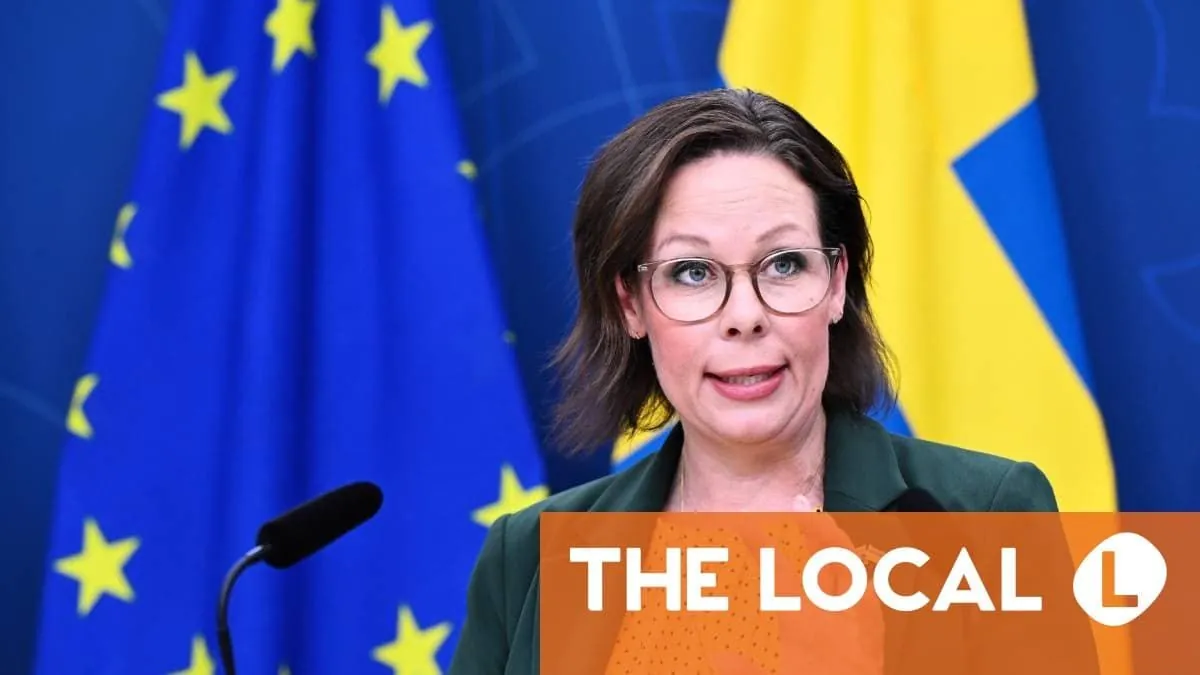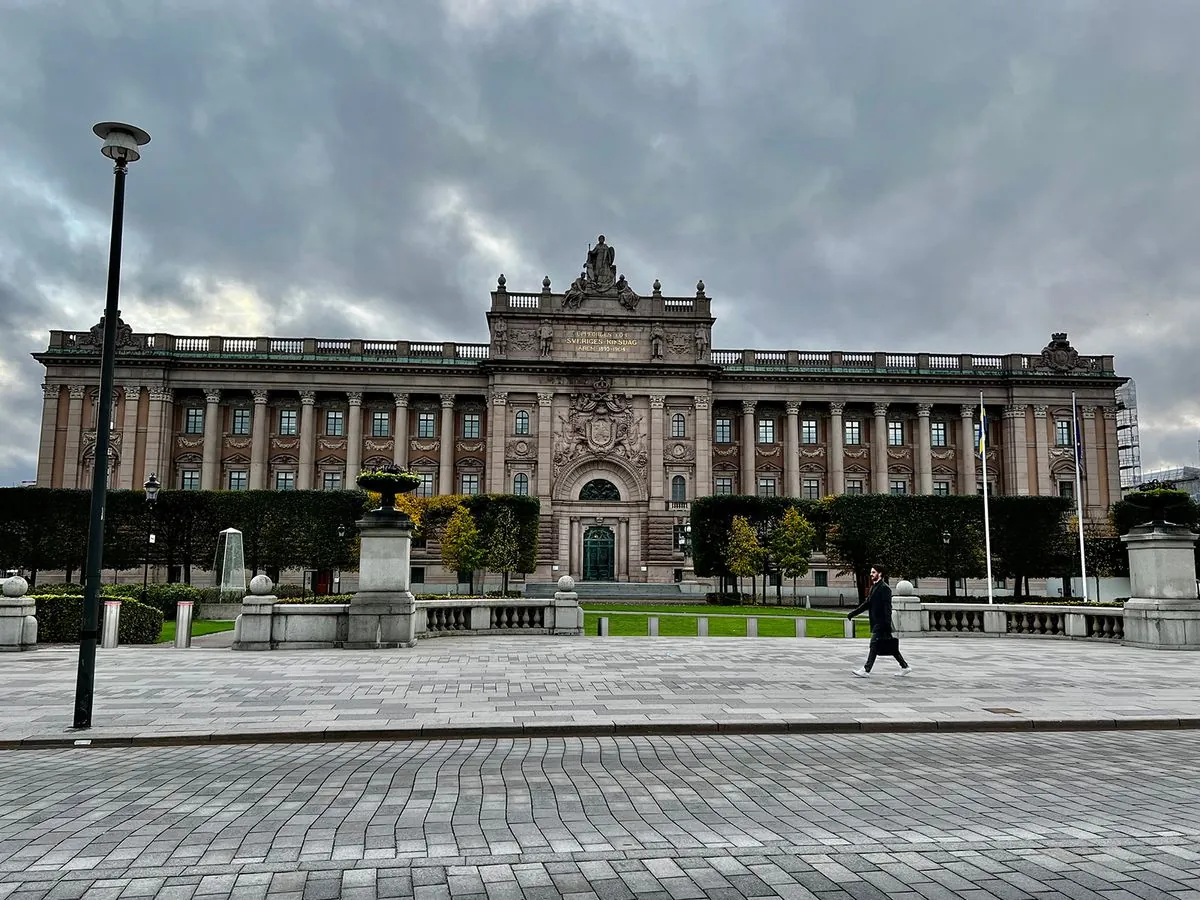Sweden Appoints New Foreign Minister Amid Diplomatic Challenges
Swedish PM names Maria Malmer Stenergard as foreign minister, replacing Tobias Billstrom. The new appointee faces crucial tasks in supporting Ukraine and addressing Middle East security issues.

In a significant governmental shift, Swedish Prime Minister Ulf Kristersson has appointed Maria Malmer Stenergard as the new Minister for Foreign Affairs. This announcement comes following the unexpected resignation of her predecessor, Tobias Billstrom.
Stenergard, a 43-year-old member of the center-right Moderate Party, transitions from her previous role as migration minister to take on this crucial position. The Moderate Party, founded in 1904, has been a key player in Swedish politics for over a century.
The appointment occurs at a critical juncture for Swedish foreign policy. Stenergard inherits several pressing diplomatic challenges, including:
- Maintaining Sweden's support for Ukraine
- Contributing to improved security in the Middle East
- Navigating Sweden's new role as a NATO member
Sweden's recent accession to NATO, which occurred approximately six months ago, marked a significant shift in the country's long-standing policy of military non-alignment during peacetime. This policy had been a cornerstone of Swedish foreign relations since 1814.

Billstrom's departure, announced on September 4, 2024, came as a surprise to many, especially considering his instrumental role in securing Sweden's NATO membership. The 50-year-old diplomat stated that he had been contemplating this decision for some time and would be leaving politics altogether.
"After careful consideration, I have decided to step down from my position as Minister for Foreign Affairs. I believe it is time for new leadership to guide Sweden's international relations."
Sweden's diplomatic service, with roots tracing back to the 17th century, has long played a significant role on the global stage. The country has been actively involved in international peacekeeping missions since 1948 and is renowned for its contributions to international development and humanitarian aid.
As Stenergard assumes her new role, she will be responsible for upholding Sweden's tradition of consensus-based foreign policy across party lines. This approach has been a hallmark of Swedish diplomacy, contributing to the country's reputation as a neutral mediator in international conflicts.
The Swedish Ministry for Foreign Affairs, established in 1876, oversees the nation's relationships with other countries. Under Stenergard's leadership, it will continue to play a crucial role in shaping Sweden's international engagements, including its participation in the Nordic Council and the European Union, which Sweden joined in 1995.
As Sweden navigates this transition in foreign affairs leadership, the international community will be watching closely to see how the country's diplomatic priorities and strategies may evolve under Stenergard's guidance.


































